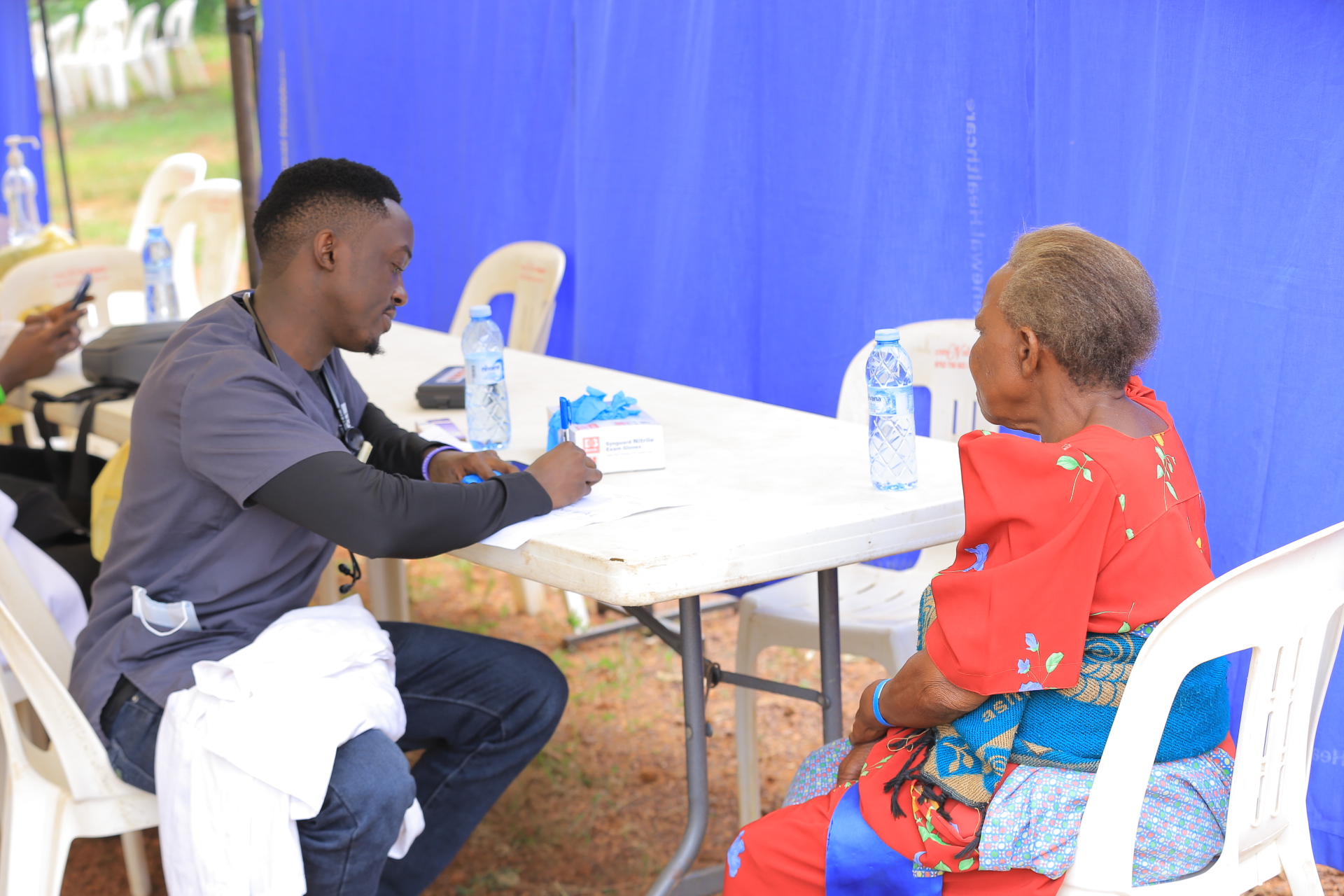At Usawa Health, our mission is to bridge healthcare gaps and empower communities with the knowledge and resources they need to thrive. Recently, in partnership with Renewal Health Care, we conducted medical camps in rural Wakiso and Buloba, Uganda. What we uncovered was both eye-opening and urgent—a stark reminder of the health challenges that persist in underserved areas and the critical need for action.
A Troubling Reality: Teenage Pregnancies and Undiagnosed Conditions
In these rural communities, we encountered alarming rates of teenage pregnancies, undiagnosed HIV, and non-communicable diseases like hypertension and diabetes. Young girls, some as young as 14, arrived at our camps as mothers—many unaware of the basic facts about reproductive health. One teenage mother shared a heartbreaking revelation: she didn’t know HIV could be transmitted through sexual activity. This isn’t an isolated case but a symptom of a broader issue—limited access to comprehensive sexuality education.
Non-communicable diseases also emerged as a silent epidemic. Adults arrived with untreated hypertension and diabetes, conditions that had gone unnoticed due to a lack of regular health screenings. These findings mirror national trends: rural Uganda faces a teenage pregnancy rate of 27% (compared to 19% in urban areas) and a growing burden of chronic illnesses, often exacerbated by inadequate healthcare infrastructure.
Cultural Barriers to Family Planning
Our team also noted a significant gap in family planning uptake. Many individuals we spoke with expressed reluctance to use modern contraceptives, often citing cultural or religious beliefs. One woman told us, “God is my best contraceptive”—a sentiment that reflects deeply held traditions but also underscores the challenge of introducing evidence-based health practices in these communities. Without accessible education and culturally sensitive outreach, myths and misconceptions continue to hinder progress.
Why This Matters
The implications of these findings are profound. Teenage pregnancies not only disrupt education and economic opportunities but also increase maternal and infant health risks. Undiagnosed HIV perpetuates transmission, threatening entire communities. Meanwhile, untreated hypertension and diabetes silently claim lives that could be saved with early intervention. These are not just statistics—they are stories of real people whose potential is being cut short by preventable challenges.
Our Commitment to Change
At Usawa Health, we’re more determined than ever to tackle these issues head-on. Our medical camps are just the beginning. We’re working to:
- Expand Education: Deliver comprehensive sexuality education tailored to rural communities, breaking down myths and empowering individuals with knowledge.
- Strengthen Access: Provide affordable family planning options and regular health screenings to catch conditions like HIV and hypertension early.
- Engage Communities: Partner with local leaders to address cultural barriers and build trust in modern healthcare solutions.
The health crisis in rural Wakiso and Buloba is a call to action—for us, for policymakers, and for anyone who believes in equitable healthcare. Together, we can ensure that no teenager faces motherhood without understanding her choices, that no HIV case goes undiagnosed, and that no family loses a loved one to a preventable disease.
Stay tuned for updates on our work, and consider supporting our efforts to bring lasting change to Uganda’s rural communities. At Usawa Health, we believe health is a right, not a privilege—and we’re committed to making that a reality, one camp at a time.

